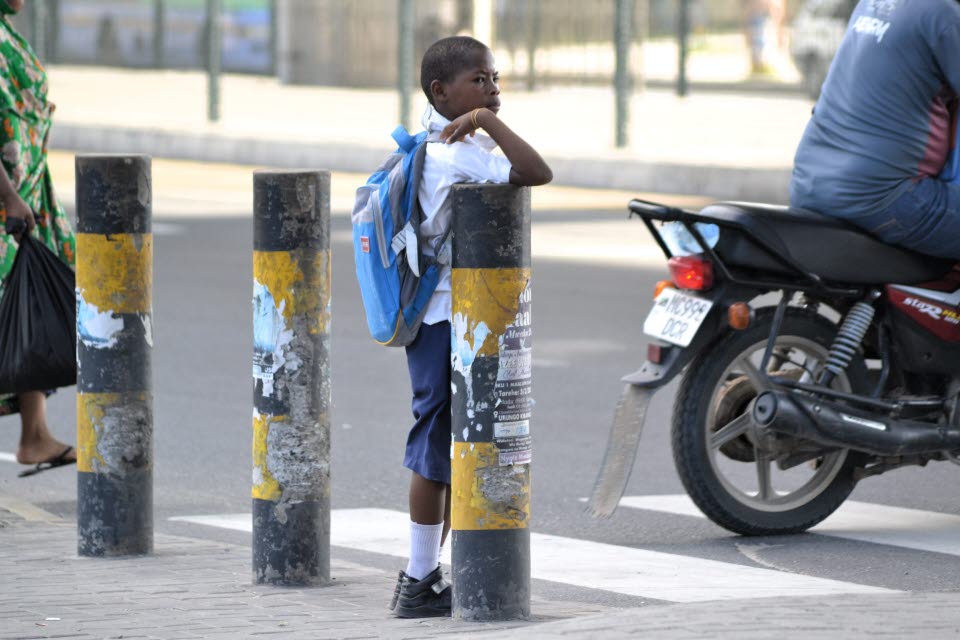AfroSAFE: Many challenges for road safety in Africa

How can road safety be improved in countries with poor infrastructure, old and poorly maintained vehicles, a police force who are poorly equipped and underfunded and a driver training and testing which are not in line with best practice standards? These are just some of the challenges being addressed by the AfroSAFE project, in which VTI is one of several collaborating partners.
Road traffic fatality (per population) in Africa is the highest in the world, four times the European average. Unless radical actions are taken the number of traffic fatalities are expected to increase by another 68 percent. The risk of being involved in a fatal accident is particularly high for pedestrians, and road traffic accidents are the most common cause of death for people aged five to 29.
These factors have led to the EU’s AfroSAFE project, which sees research institutes and universities in Sweden, Norway, Denmark and The Netherlands collaborating with: Ghana, Tanzania and Zambia. One of the work packages in the project is being led by Senior Research Leader Sonja Forward at VTI. Sonja has previously visited a number of countries in the Middle East and North Africa and she explains that despite this:
"Arriving in the countries involved in the project was disturbing. In some of the larger cities, there are neighbourhoods with no access to electricity and water. Many people live in crowded shanty towns and the facilitates for pedestrians is usually very poor or non-extent."
Road safety often lags behind, and accident rates are at a level similar to Sweden in the 1950s, perhaps even earlier. Sonja Forward talks about four lane roads with both high traffic volumes and high speeds, which pedestrians have to cross. Roads that are washed away by torrential rain, and motorcycle taxis that can carry up to four passengers. To name but a few.
At the same time, there is a widespread superstition that road traffic accidents are a punishment from a higher power. This belief makes it less likely that a person will wear a helmet or adhere to the speed limits – what will be will be.
“Where fatalism is prevalent it is hard to put right,” Sonja Forward explains.
"Generally speaking, many African countries have highly skilled engineers, however there is a shortage of behavioural scientists. To put it simply, they are good at building roads, but not quite as good at implementing measures which affect road user behaviour."
Sonja Forward's work package focus on safe road users. She has visited some of their driving schools and emphasised the need for the driving instructors themselves to receive better training. She has also visited schools and with her own eyes seen how dangerous it could be for children to reach the school. In this work package a pilot study are currently evaluating the effect of different road safety measures aimed to make it safer for children to travel to schools in Zambia.
"Despite all the challenges, I think we are heading in the right direction. Our partners in the African countries are incredibly interested and want to achieve change. The collaboration is working well."
AfroSAFE stands for Safe System for radical improvement of road safety in low- and middle-income African countries and will run from September 2022 until August 2026. It is financed by the European Union and has received approximately SEK 45 million.
Don't miss out on VTI's news – subscribe now!
Stay informed with the latest research and news from VTI. Sign up for newsletters, sent by e-mail four times a year.
